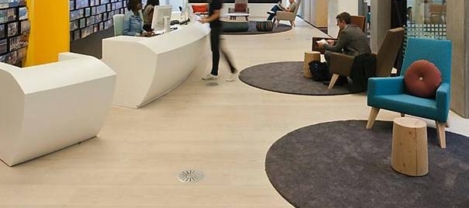January 12, 2016
‘Barrier Bosses’ preventing progress in gender equality despite wide support 0
 More men than women believe that equality between the sexes would be better for the UK economy and themselves. Yet despite finding a clear desire for equality, the forthcoming ‘Sex Equality – State of the Nation’ report by the Fawcett Society reveals that there are still significant barriers to progress that need to be overcome. Overall men are more likely to support equality of opportunity for women than women, with 86 percent of men wanting this for women in their lives, compared to 81 percent of women wanting it for themselves. But the survey identified two major barriers to progress – firstly a small but powerful group of ‘barrier bosses’ responsible for recruitment decisions, and secondly the fact that most people believe that men at the top won’t voluntarily move over for women. This year the Government plans to implement Section 78 of the 2010 Equality Act which will require all employers of over 250 people to publish their gender pay gap.
More men than women believe that equality between the sexes would be better for the UK economy and themselves. Yet despite finding a clear desire for equality, the forthcoming ‘Sex Equality – State of the Nation’ report by the Fawcett Society reveals that there are still significant barriers to progress that need to be overcome. Overall men are more likely to support equality of opportunity for women than women, with 86 percent of men wanting this for women in their lives, compared to 81 percent of women wanting it for themselves. But the survey identified two major barriers to progress – firstly a small but powerful group of ‘barrier bosses’ responsible for recruitment decisions, and secondly the fact that most people believe that men at the top won’t voluntarily move over for women. This year the Government plans to implement Section 78 of the 2010 Equality Act which will require all employers of over 250 people to publish their gender pay gap.




































December 15, 2015
Seven essential workplace design trends to keep an eye on during 2016 0
by Dan Callegari • Comment, Facilities management, Workplace design
(more…)